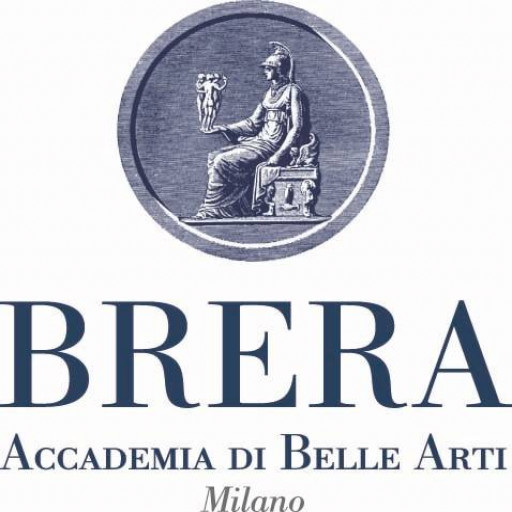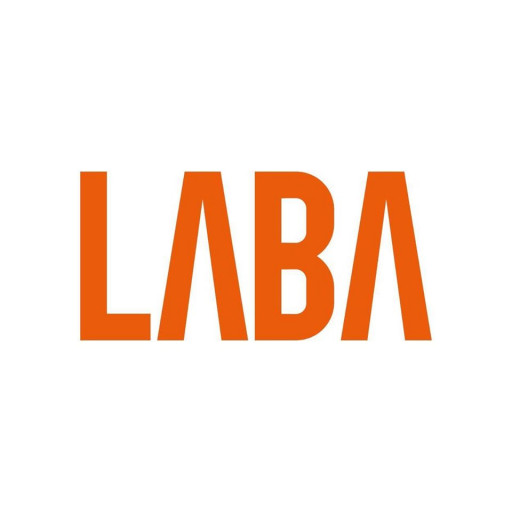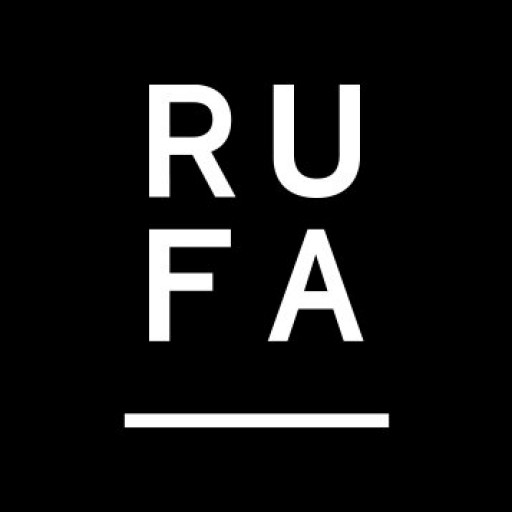Photos of university / #dublincityuniversity
In the digital, cable and satellite age, film and television play an increasingly diverse role in the audiovisual and communications industry. This programme offers an in-depth study of Irish cinema and television from historical, cultural, social and economic perspectives.
If you have an interest in the audiovisual sector, either through your undergraduate studies, extra-curricular activities or simply through consuming film and television, this is a dynamic and unique Irish course. Our students often hold a primary degree in the humanities and social sciences but we are open to considering students from other backgrounds and those in employment, such as teachers, who want to utilise a career break or leave of absence.
Because of the complex issues raised in addressing questions of national identity, in what is perhaps the most resolutely international of all cultural industries, particular importance will be attached to the study of the concept of 'national cinema' in Ireland.
Programme
To provide students with an intensive and rigorous grounding in film and television studies from a contemporary cultural perspective.
To analyse the impact on Ireland of audiovisual policy in Europe and 'national cinema' developments in Europe, Australia and developing countries.
To understand how and why Ireland and the Irish have appeared as they do on screen.
To gain an insight into the inner workings of the Irish film and television industries and how this relates to the increasingly globalised international audiovisual arena.
To bring critical perspectives into line with recent major developments in film studies, which have emphasised film-making and television production as social and economic institutions.
General Entry Requirements
Successful applicants will normally possess a good honours degree in the Humanities or Social Sciences or an equivalent qualification.
International Applications
International candidates are expected to have educational qualifications of a standard equivalent to those outlined above. In addition, where such candidates are non-native speakers of the English language they must satisfy the university of their competency in the English language.
Dublin City University is proud to award merit-based scholarships to high achieving students who enter the Faculty of Engineering and Computing and the Faculty of Humanities and Social Sciences for the 2016/17 academic year. These scholarships are available to Indian applicants only and are based on academic merit to those who have a Full Offer.
The Faculties also award scholarships of €1,000 to high achievers entering Masters and Bachelor programmes who are ranked by academic achievement.
The Bachelor of Arts in Film and Television Studies at Dublin City University is a comprehensive undergraduate program designed to provide students with a thorough understanding of the history, theory, and practice of film and television. The program aims to cultivate critical analysis skills, foster creative expression, and develop technical proficiency in media production. Students are introduced to a wide range of topics, including film history, genre studies, narrative theory, screenwriting, directing, editing, and cinematography, alongside the study of television production and analysis. The curriculum often combines theoretical coursework with practical modules, allowing students to gain hands-on experience with industry-standard equipment and software. Throughout the program, students are encouraged to engage with both contemporary and classical media texts, exploring their cultural, social, and political contexts. Dublin City University emphasizes a blend of academic rigor and practical application, preparing graduates for careers in media production, broadcasting, film criticism, and related industries. The program typically includes opportunities for internships, collaborative projects, and engagement with industry professionals, enhancing students’ employability. Assessment methods may include essays, research projects, presentations, practical assignments, and a final year project or dissertation. The program benefits from DCU’s strong links with media industries in Ireland and abroad, providing valuable networking opportunities. Graduates of the program have gone on to work in various roles across Film and Television sectors, including production, distribution, curation, and media arts. The university’s facilities support innovative media practices, with access to editing suites, sound staging, and multimedia labs. Overall, the BA in Film and Television Studies prepares students with the knowledge, skills, and creative confidence necessary to succeed in dynamic media environments.









